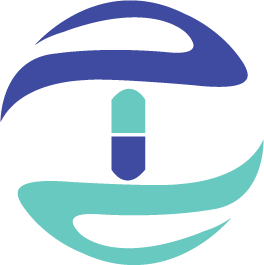From faster development of drugs to automated eye scans, even though Artificial Intelligence is of utmost help to the healthcare sector, but the primary challenges still remain there.
In Geneva, at the most recent Artificial Intelligence for Good Summit, we were informed about how Artificial Intelligence could quicken the pace of drug development, lead to personalized medicine, and helped in diagnosing diseases in various countries who are suffering from poor health services and continuing shortages of doctors.
However, there are two major hindrances which prevent access to the utopian destination.
One is that yet application of Artificial Intelligence to the health problems of the world is not quite good enough. The other one is related to the issue of insufficient good quality data. According to the estimates by the World Health Organization, even lesser than 20 percent of the medical data across the globe is accessible in a form which Artificial Intelligence-machine learning algorithms can learn from & ingest.
With the increasing population, more and more pressure is put on doctors who are facing difficulties in trying to cope with the upsurge in administration as more & more patient wants to be seen more often. Also, in developing economies there are just not enough doctors to go around.
But the increase in such applications has raised concern among health experts.
Take the example of last year, where Babylon, a firm behind the United Kingdom’s National Health Service application ‘GP at Hand’ faced backlash for claiming that it’s Artificial Intelligence-powered chatbot was equally good as a doctor. This claim caused a dispute.
This is probably why firms like Microsoft, which has created a chatbot or “virtual assistant” explicitly for the healthcare sector, are being cautious not to exaggerate the capabilities of their establishments.


